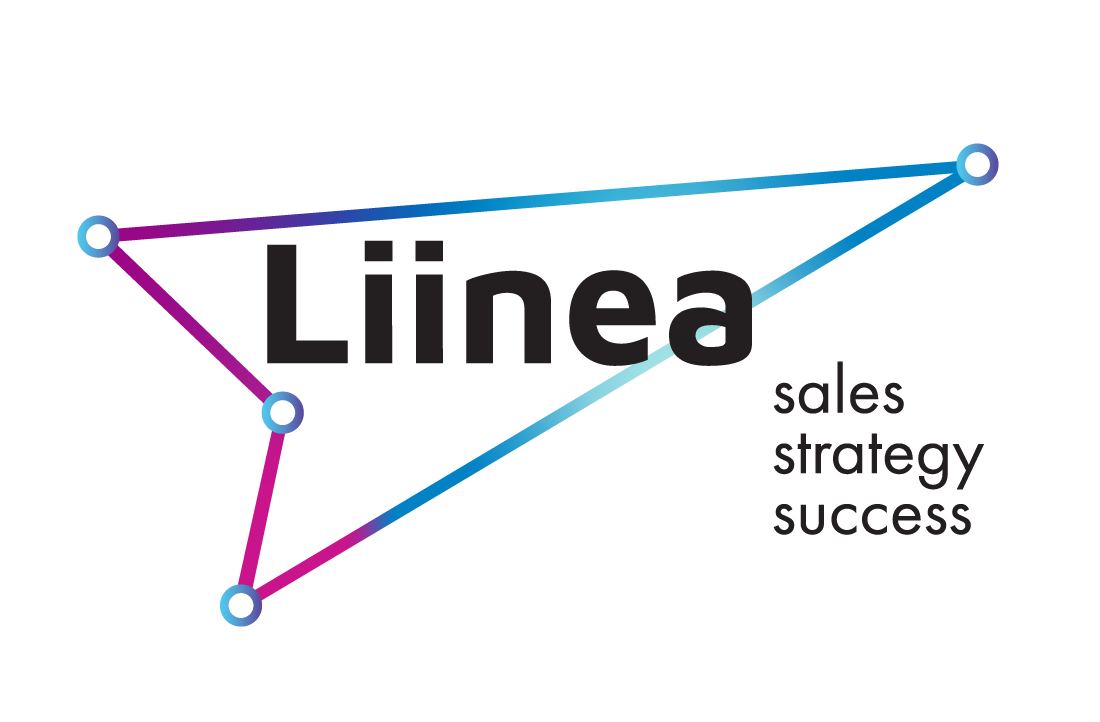Karina Collis
B2B and B2C sales
What's the difference?
What's the difference?
By Karina Collis, June, 2020
B2B vs B2C sales
When was the last time you bought a car? If the answer is "never", you are an honourable citizen of the gig economy. But this article is not about that. Car retailing is one of the few surviving examples of B2C sales: you go to a showroom, a salesperson helps you choose the model, takes you on a test drive, and there is a good chance that the day will end with a transaction.
Before the gig economy kicked in, the world was full of B2C salespeople (remember the beginning of the film "The Founder" where Ray Kroc, the future owner of 'McDonald's, sells milkshake mixers door to door?). Now that these valiant B2C salespeople have mostly been replaced by marketing experts, is it still relevant to talk about B2C vs B2B and what's actually the difference?
Let's discuss together.
Before the gig economy kicked in, the world was full of B2C salespeople (remember the beginning of the film "The Founder" where Ray Kroc, the future owner of 'McDonald's, sells milkshake mixers door to door?). Now that these valiant B2C salespeople have mostly been replaced by marketing experts, is it still relevant to talk about B2C vs B2B and what's actually the difference?
Let's discuss together.
The Main Difference Between B2B and B2C Sales

B2C simply stands for Business to Consumer sales, where companies sell their products to individuals. Think of buying a laptop from your local Apple store or insurance coverage for your car. In general, the B2C sales cycle is short. Either you buy a laptop you like on the spot, or you see your friends for a drink, discuss and go back to the store the next day. You believe that you are the sole decision-maker, even though you might be influenced by your friends and whoever you talked to that night.

B2B stands for Business to Business sales. This means that any sale of products or services is being made to a company. Think of Apple selling its computers to your business so that every single employee uses an Apple laptop. Or your company decides to buy an enterprise-level software like a CRM from Salesforce.
The sales approach in B2C nowadays mainly involves a "self-service" purchase while in B2B it relies on sales consultants who help prospects understand the need for change and to guide them through the buying process.
Two of the most essential and distinguishable differences can be spotted in two aspects of both B2B and B2C. One is the number of decision-makers involved and the second is the length of the sales cycle.
If in B2C the number of decision-makers is limited to a buyer and his close circle of "influencers", in B2B the decision itself as well as the budget approval potentially involves a number of decision-making employees from different departments. In general, these complexities slow down the sales cycle.
Two of the most essential and distinguishable differences can be spotted in two aspects of both B2B and B2C. One is the number of decision-makers involved and the second is the length of the sales cycle.
If in B2C the number of decision-makers is limited to a buyer and his close circle of "influencers", in B2B the decision itself as well as the budget approval potentially involves a number of decision-making employees from different departments. In general, these complexities slow down the sales cycle.
Take away
The key differences between B2B and B2C is the number of decision-makers and a length of a sales cycle.
Rational and Irrational
One of the common simplifications that you can find across the web is that B2B is rational because businesses purchase based on logic and analysis, while B2C is more irrational and decisions are often made based on emotions. Is it actually true?

Firstly, let's look at B2C. When you go shopping for toothpaste, do you chose it based on the colour of packaging and its flavour, or do you bring some other analysis into your decision, such as quality of brand, price, ingredients etc? The answer is "it depends". The more people we ask this question, the more varied the answers will be. And this is the complexity of B2C, to predict consumer behaviour: it can be as rational as it can be irrational.

Now, let's look at B2B. Imagine you are working for a large international company. Your role is to purchase laptops for all the employees across Europe. How will you decide which brand to buy and at what price? Likely, you will do a very rational analysis to arrive at your final decision.
But what if your younger sister works for one of the PC providers and every day over dinner, she talks about the benefits of their brand? Your decision might be biased. In addition, what if you are not the sole decision-maker and another person, who is your rival because you are competing for the same position, is also involved? She or he, intentionally, might lobby for a different choice to yours... We can come up with so many "what if's", that suddenly the B2B purchasing decision becomes very irrational and therefore complex.
But what if your younger sister works for one of the PC providers and every day over dinner, she talks about the benefits of their brand? Your decision might be biased. In addition, what if you are not the sole decision-maker and another person, who is your rival because you are competing for the same position, is also involved? She or he, intentionally, might lobby for a different choice to yours... We can come up with so many "what if's", that suddenly the B2B purchasing decision becomes very irrational and therefore complex.
Take away
B2B is as rational and irrational as B2C can be.
Marketing vs. Sales
Someone gave me the following definition "Marketing rules B2C while Sales dominate the B2B business". Difficult to argue against that, but let me try.

Too many B2B sales teams miss possible leads because they don't pay attention to marketing. In B2B sales, marketing might serve your sales process all the way through, from lead generation to closing a deal. It will help draw interest towards your product, build trust between you and your prospect and persuade them to make the decision.

In B2C, on the other hand, marketing, indeed, rules over sales. However, as the price of a product increases, the importance of salespeople is rising. Think of the following B2C examples:
- a construction company selling fancy apartments to retail buyers
- a business school selling an executive MBA course to potential students
- a private bank selling its services to high net worth individuals.
Take away
Don't underestimate the role of marketing in B2B and the role of salespeople in high-value B2C products and services.
A few words to conclude ...
If Ray Kroc from "The Founder" was selling his milkshake mixers in 2020, he would most likely be doing it online. The last 20 years reshaped both B2B and B2C industries. Still, there shouldn't be a dividing wall between the two. One can learn influencing tactics from the other. That is exactly what the leading B2B software companies such as Microsoft and Salesforce do by hiring B2C experts to influence their B2B storytelling, communication and brand image.
Also, some information you can find on ukbusinessforums.co.uk.
Also, some information you can find on ukbusinessforums.co.uk.
Other interesting articles for you:
We offer bespoke sales workshops and personalised coaching that cover: sales framework, sales process, sales pitch, strategic selling and many other sales topics.
Please contact me at karina@liinea.com
Please contact me at karina@liinea.com
Follow us on Linkedin for more sales insights
Sign up
to join our start-ups community and learn about new sales and marketing insights
to join our start-ups community and learn about new sales and marketing insights





